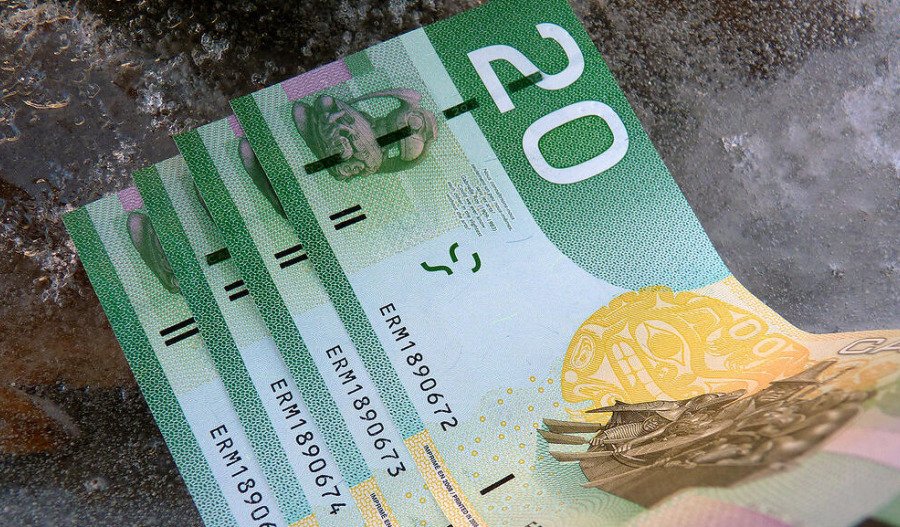Despite the seismic gulf between the United States and Canada on key issues, the Oval Office meeting between the country’s two leaders was more like the traditional White House peacock dance than the high stakes encounter the market expected.
However, while U.S. President Donald Trump was hell bent on framing the meeting as a “very friendly” meeting with America’s northern neighbour, Canada’s newly appointed Prime Minister Mark Carney had a more pressing objective.
Given that Carney had come to power on the promise of creating a new bilateral economic and security relationship with its southern neighbour, his visit to Trump was all about reminding Washington that it was rebalancing its relationship with Canada.
What has galvanised Canadians' desire to diversify an economy heavily dependent on exports to the U.S. was repeated throw away remarks by the U.S. president that Canada should become the 51st state of America.
No visit to the U.S. would have been complete without Carney delivering his blunt salvo to Trump that “Canada is not for sale; it won’t be for sale – ever.”
In typical Trump-like retort the U.S. President responded by saying “Never say never, never say never”, and that it would be “a wonderful marriage and deliver massive tax cuts for Canadians and free military.”
While Carney repeatedly called Trump's tariffs on some Canadian products an act of betrayal, neither leader displayed any of the animosity clearly evident during Trump’s recent Oval Office encounter with Ukraine President Volodymyr Zelensky on February 28.
However, in his own missive to Canada, Trump made it clear to Carney that it was hard to justify subsidising Canada “to the tune of maybe $200 billion a year.”
Trump also told Carney there was nothing he could say to persuade him to lift tariffs.
Trump also told Carney that he believes the U.S. can go it alone without Canadian products.
“We don’t really want cars from Canada… at a certain point it won’t make economic sense for Canada to build those cars,” Trump said.
“We really don’t want Canadian steel and we don’t want Canadian aluminium and various other things because we want to be able to do it ourselves.”
Trump also reiterated his complaints about what he has referred to as the huge U.S. deficit with Canada.
But while this is due mostly to American imports of Canadian oil, Canada’s merchandise trade surplus was C$102.3 billion in 2024.
Meanwhile, Carney’s comments about creating a new economic relationship have challenged the future of the US-Mexico-Canada Agreement (USMCA), which Trump negotiated during his first term in the White House.
While Trump has berated the USMCA as the worst deal in the history of America, he said he had no plans to walk away from it.
While Trump later suggested that “subtle changes” could be made to it, he stressed that his dealings with Carney on the matter remained conceptual for now.
While Carney avoided suggesting a major revamp, he did acknowledge that “some things about it are going to have to change.”
Canada is the U.S.’ second-largest individual trading partner after Mexico and the largest export market for U.S. goods.
More than US$760 billion in goods flowed between the two countries last year.
In the lead up to yesterday’s meeting, the U.S. Commerce Department reported that Canada’s goods trade surplus with the U.S. narrowed to a five-month low in March, the month Trump's hefty tariffs on imported steel and aluminium took effect.
Canadian exports to the U.S. plunged US$3.7 billion, the second-largest drop on record.



